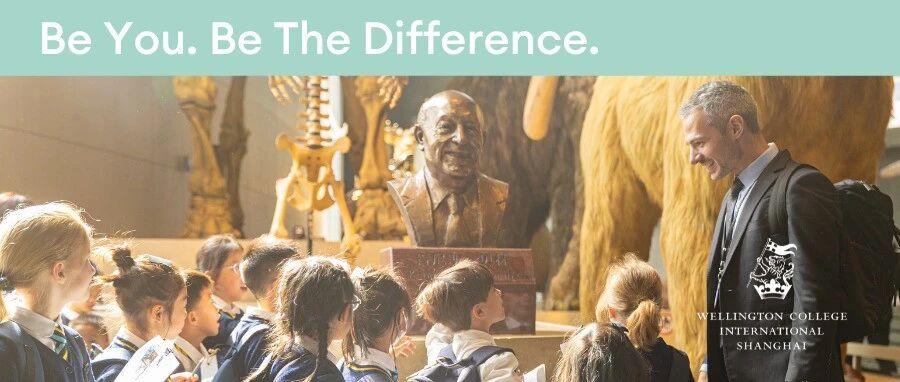How learning a second language turns our pupils into powerhouses

Building brain power
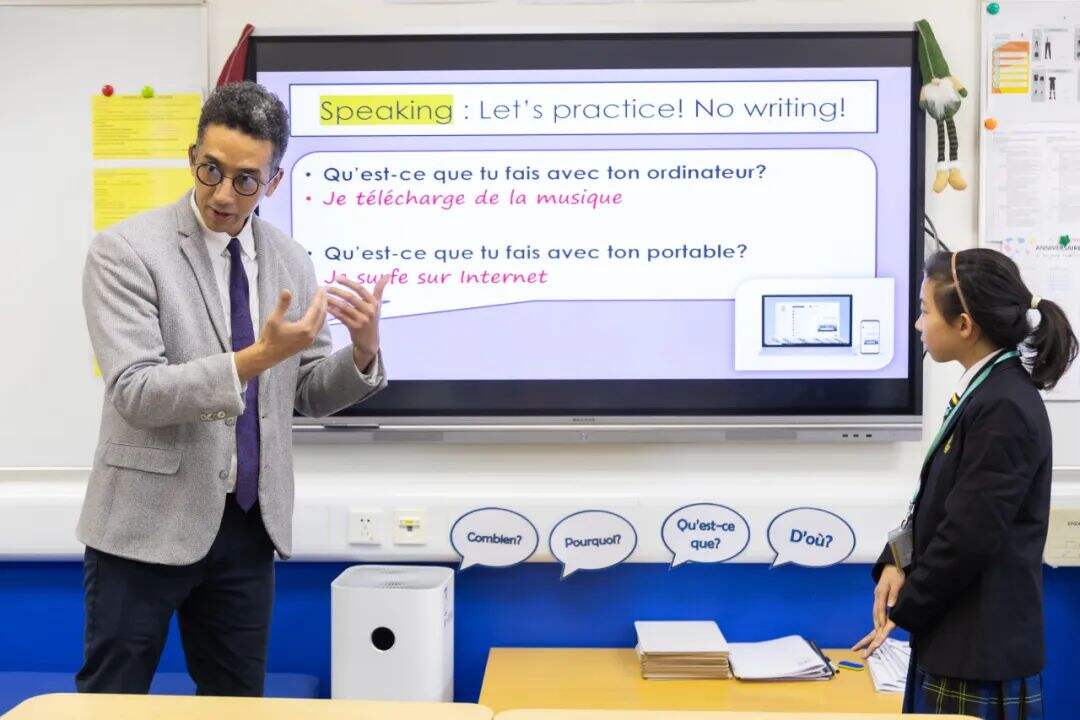
The process of learning a new language activates the regions of the brain that are responsible for functions such as memory, auditory processing, critical thinking and more. When children learn new vocabulary, sentence structures and grammar rules, their brains go into overdrive recognising patterns, establishing connections and then applying this newfound knowledge to a wider context. In a way, it is like a strength training regimen for the brain! A 2015 study conducted at Georgetown University in the US, revealed that mastering two or more languages has positive physical and structural effects on the brain itself. Compared to their monolingual counterparts, bilingual test subjects displayed a greater volume of grey matter in the brain region responsible for executive control. Additionally, they exhibited enhanced short-term memory, problem-solving skills, focus and a greater capacity for multitasking. These skills serve our children well in nearly every subject they study, maths, the humanities, even PE
Building a rewarding career
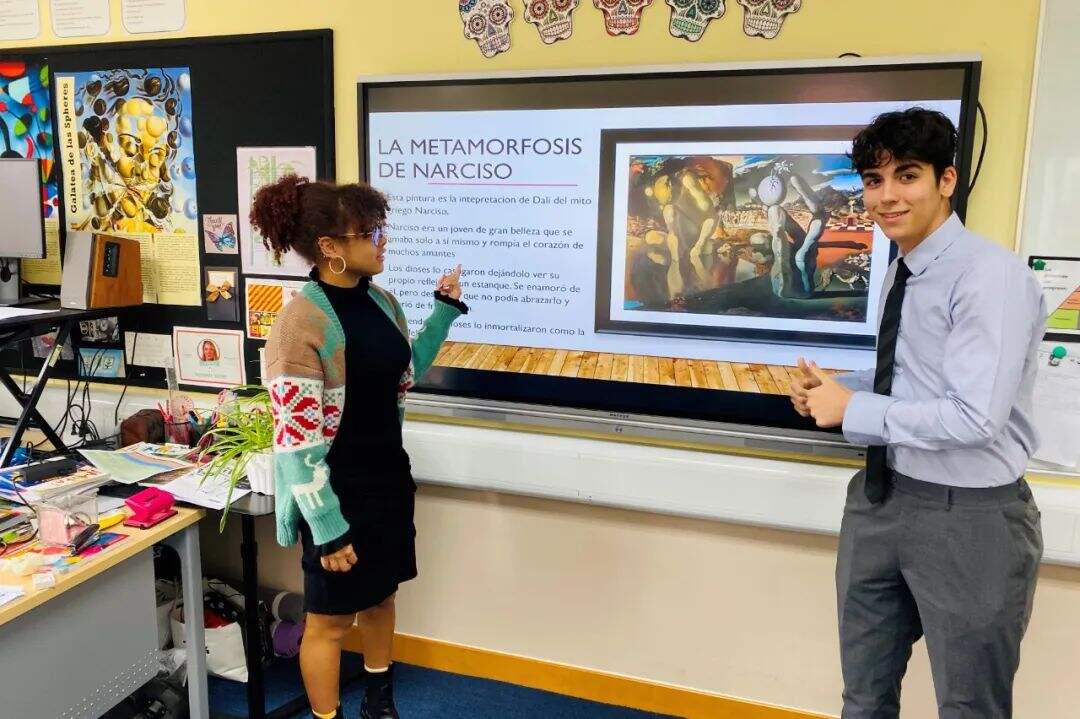
There is also a simple and practical consideration: career prospects. As our global economy grows ever more intertwined, bi- or multilingual job applicants will be in greater demand. Being skilled in more than one language facilitates collaboration with international partners. It broadens a company’s customer base too. But language versatility is only part of the picture. If you can speak more than one language, it says a lot about who you are as an employee, a colleague or a partner. Bilingual learners gain an entire toolbox of soft skills highly valued by employers, like creative thinking, problem-solving, active listening and teamwork.
Building a bridge between cultures
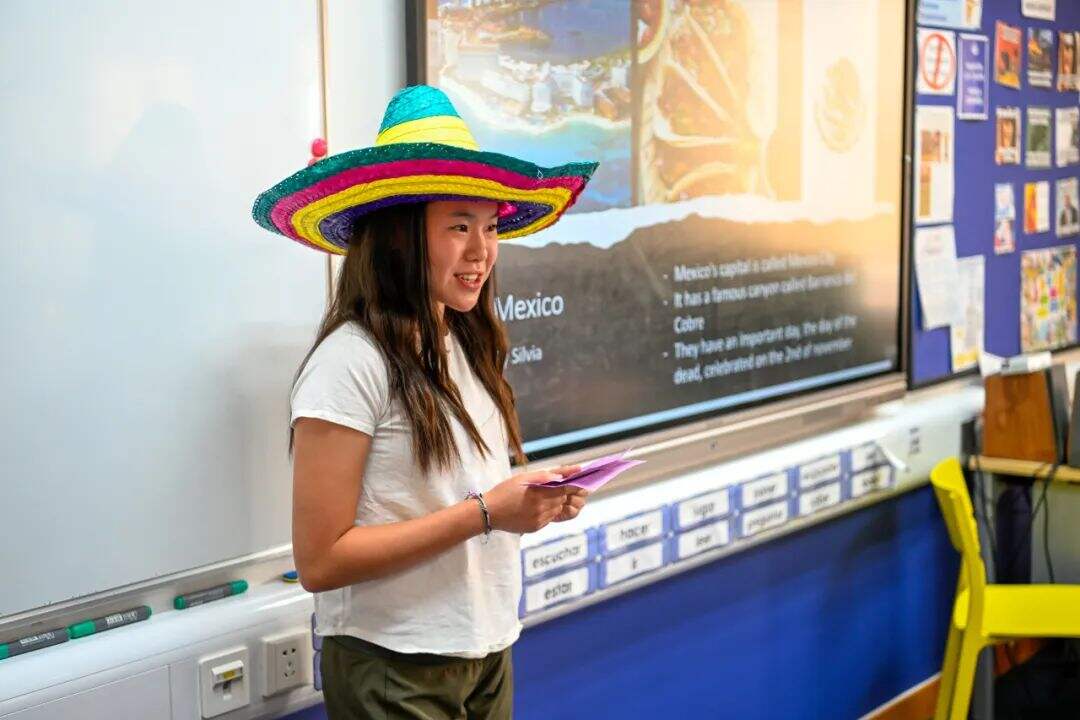
Learning a foreign language fosters openness and appreciation for other cultures — all things that we value deeply here at Wellington. When we study a different language, we absorb different worldviews, communication norms and societal customs almost automatically. Words, expressions and idioms are dense with cultural significance. When we dig deeper into their origins and usages, we gain valuable insights into a culture's history, traditions, customs and psychology. Which, in turn, gives them fresh perspectives on their own cultural assumptions.

At Wellington, we offer countless opportunities for our pupils to engage with multiple languages more deeply. Our French and Spanish MFL Event is a prime example. Our pupils and parents came together a series of engaging workshops about the music, art and culture of these wonderful countries. And we topped the day off with a sampling of some delicious food. In the process, our pupils practiced listening and oracy, while engaging in meaningful cultural exchange.

This is important because when our pupils can step outside their own cultural lens, they learn to approach differences with empathy and curiosity rather than judgment. This is especially powerful when it comes to developing interpersonal skills. Children, in effect, learn to build bridges rather than walls, create consensus rather than conflict. We see the results of this every day at Wellington, and we know that our pupils take this with them long after they graduate.
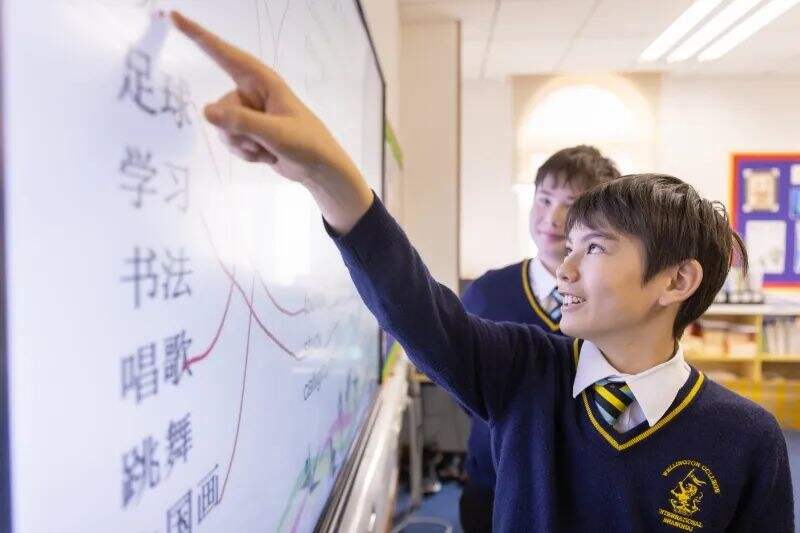
So, whether it is English, Chinese, Spanish or French, the benefits of learning a new language cannot be overstated. It deepens our children’s minds as it widens their world. It builds their character as it builds their resume. Ultimately, they will be better equipped to navigate our interconnected world as global citizens.
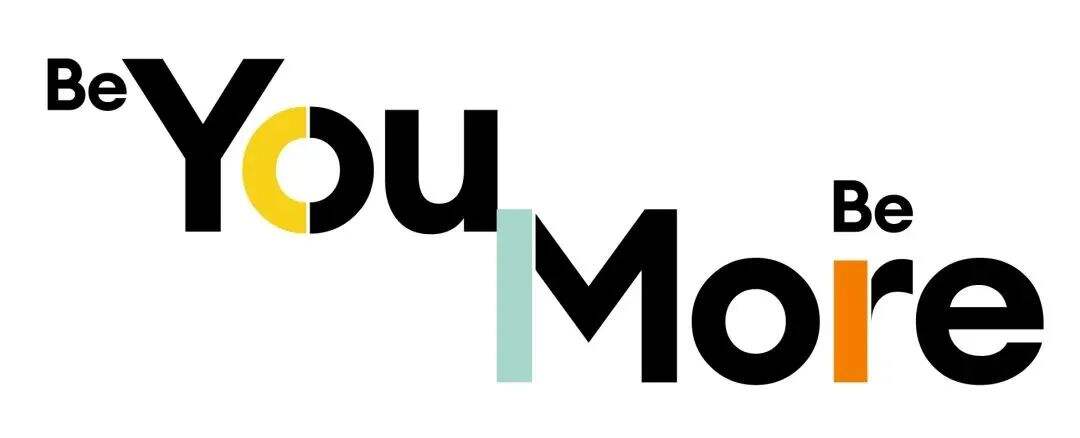
Related Articles


